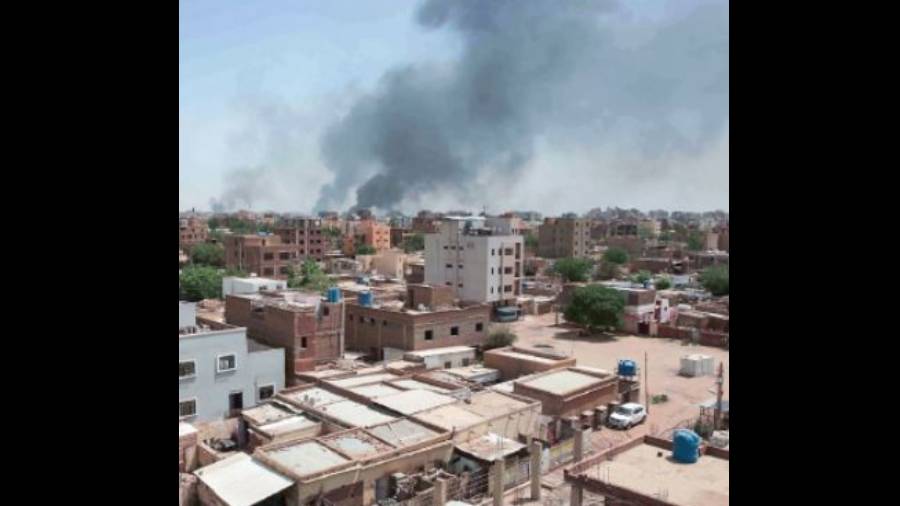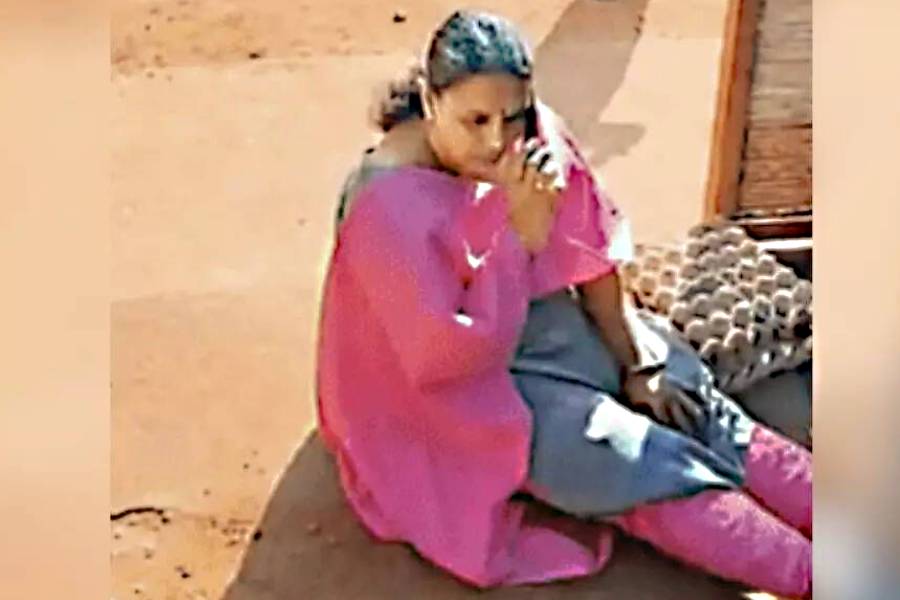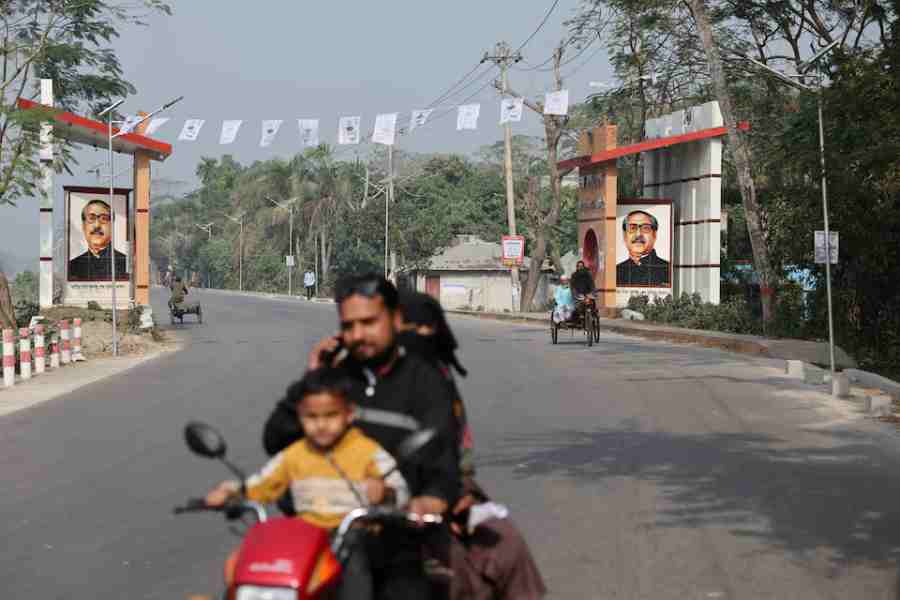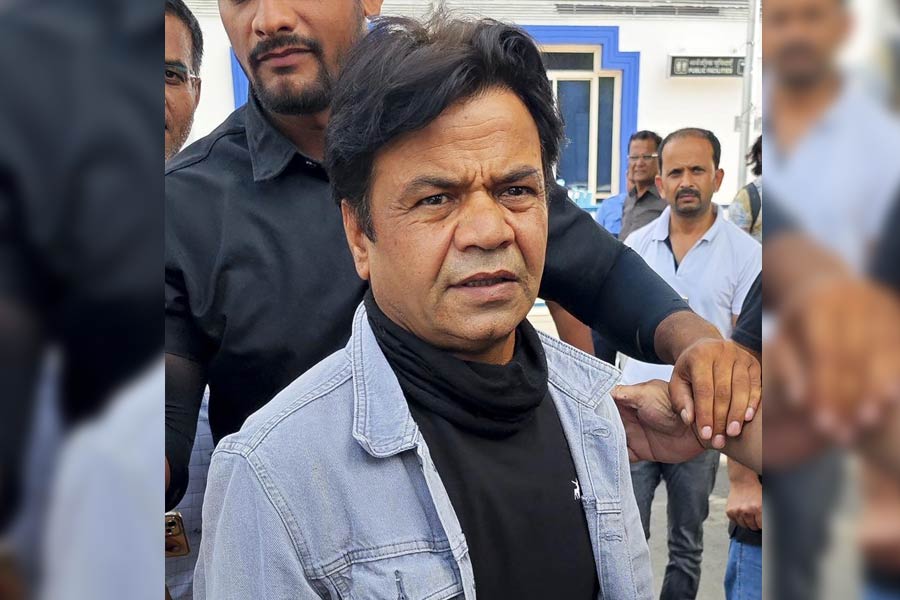Fighting intensified on Sunday across the capital of Sudan and in the restive western Darfur region as months of rising tensions between factions of the country’s armed forces exploded into all-out battle, dashing remaining hopes of a transition to civilian rule.
As the deadly clashes in Sudan entered a second day, it remained unclear who was in control of the African nation, with the rival armed forces each claiming to hold key military and civilian installations. At least 56 people were dead and almost 600 injured, mostly in the capital, Khartoum, where residents hid in their homes through the night and the scent of gunpowder and ash hung in the air.
“We don’t know what’s happening,” Dallia Mohamed Abdelmoniem, a resident of Al Almarat near Khartoum’s airport, said over phone, over the din of a fighter jet streaking through the sky. She and her family remained huddled in the middle of their home on Sunday morning for fear that bullets could hurtle through the windows.
The chaos was an alarming turn for Sudan, a large, strategic state that serves as a bridge between north and sub-Saharan Africa, and that only four years ago saw a jubilant popular uprising topple the widely detested ruler of three decades, President Omar Hassan al-Bashir. But hopes for democracy and an end to Sudan’s international isolation faltered 18 months ago when the country’s two most powerful generals united to seize power in a coup.
Those men — the army chief, Gen. Abdel Fattah al-Burhan, and Lt. Gen. Mohamed Hamdan, the commander of the powerful Rapid Support Forces paramilitaries — are now fighting each other.
The UN Security Council issued a statement on Sunday urging both sides to restart talks. The African Union and the Intergovernmental Authority on Development, an eight-nation regional bloc, each convened emergency meetings on the situation in Sudan.
The World Food Programme said it would temporarily suspend operations in Sudan, a day after three of its workers were killed and two injured in North Darfur.
There were signs that fighting was spreading across the sprawling western region of Darfur, where Bashir’s government oversaw a campaign of genocidal violence beginning in 2003. Reports of clashes in the region’s major cities and several other towns are especially worrisome because Darfur is home to several heavily armed rebel groups that analysts fear could get sucked into the fight.
Neither side has indicated a willingness to meet for talks. General Hamdan told Al Hadath TV that there will be no negotiations with the head of the army, General al-Burhan, saying: “He should surrender.”
While Sudan has had more successful coups than any other African country, none have involved such intensive combat between two wings of the armed forces in the centre of the capital.
Dramatic videos of warplanes zooming across Khartoum at low altitude, skimming the rooftops and firing on the positions of Rapid Support Forces paramilitaries, are proliferating on social media. They point to a major difference in the balance of power between the two armed groups clashing in Sudan: while the regular army has warplanes, the paramilitaries do not.
On Sunday morning, warplanes carried out attacks on an RSF base in Omdurman, Khartoum’s twin city on the west bank of the Nile, and another at Port Sudan on the Red Sea, said Izzeldin Elsafi, a relative of Lt. Gen. Mohamed Hamdan, the commander of the paramilitaries, speaking by phone.
The RSF is trying to hit back. Video circulated on Sunday morning that appeared to show paramilitary fighters in the back of a pickup truck, firing an antiaircraft gun at warplanes. Egypt was scrambling to respond on Sunday to the clashes in Sudan, where it has deep historical ties as well as modern political and military entanglements.










